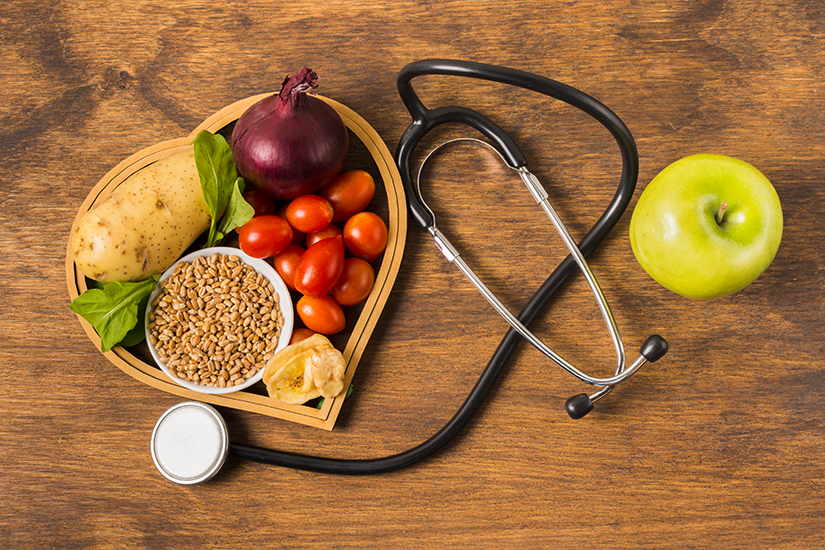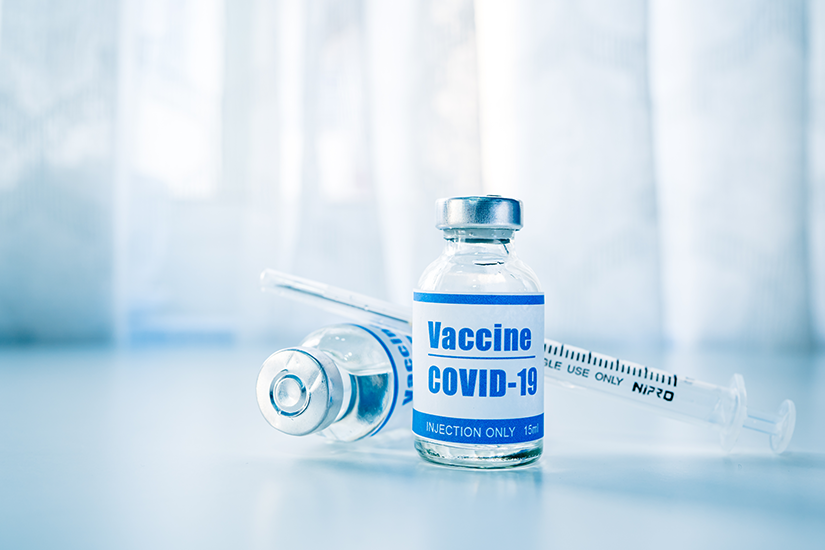- Emergency Ambulance Services
- 8606811111
- 0471-4077777, 0471-7177888
- gro@sutpattom.com
Dietary Guidelines for Kidney Patients: A Key to Better Health
Dr. Nayana Vijay, Consultant Nephrologist, SUT Hospital, Pattom
For individuals with kidney disease, nutrition is just as vital as medication. A well-planned diet helps manage symptoms, slows disease progression, and improves overall health. While some may believe reducing meal quantity could help, it’s crucial to focus on consuming nutritious food in adequate amounts.
A kidney-friendly diet primarily involves managing the intake of certain nutrients, such as salt, potassium, and water. Here are some key dietary tips:
1. Reduce Salt Intake: Sodium control is essential to manage blood pressure and prevent fluid retention. Limit salt consumption to 5 grams per day. Instead of adding extra salt to your meals.
2. Monitor Water Consumption: Fluid intake should align with the amount of urine output. Consuming excess water can lead to swelling and strain on the kidneys. Extreme reductions in water intake are also not advisable as it leads to a state of dehydration adding further to the strain on kidneys. Therefore, always consult your doctor for personalized fluid recommendations.
3. Restrict Potassium-Rich Foods: Potassium can accumulate in the blood when kidney function is impaired, leading to complications. Avoid or limit potassium-rich foods such as bananas, oranges, potatoes, and tomatoes.
4. Limit Fruits and Leafy Vegetables: While generally healthy, certain fruits and vegetables are high in potassium or oxalates, which can be harmful to kidney patients. Consult a dietitian to choose appropriate options.
5. Focus on Nutrient-Rich Foods: Instead of reducing the quantity of meals, prioritize quality. Include foods that provide necessary energy and protein without overloading the kidneys, such as rice and low-potassium vegetables.
A well-balanced diet, tailored to your specific medical condition, is essential in managing kidney disease effectively. Work closely with a healthcare provider or dietitian to create a plan that meets your nutritional needs while protecting your kidneys. Remember, good nutrition is a cornerstone of better kidney health.









